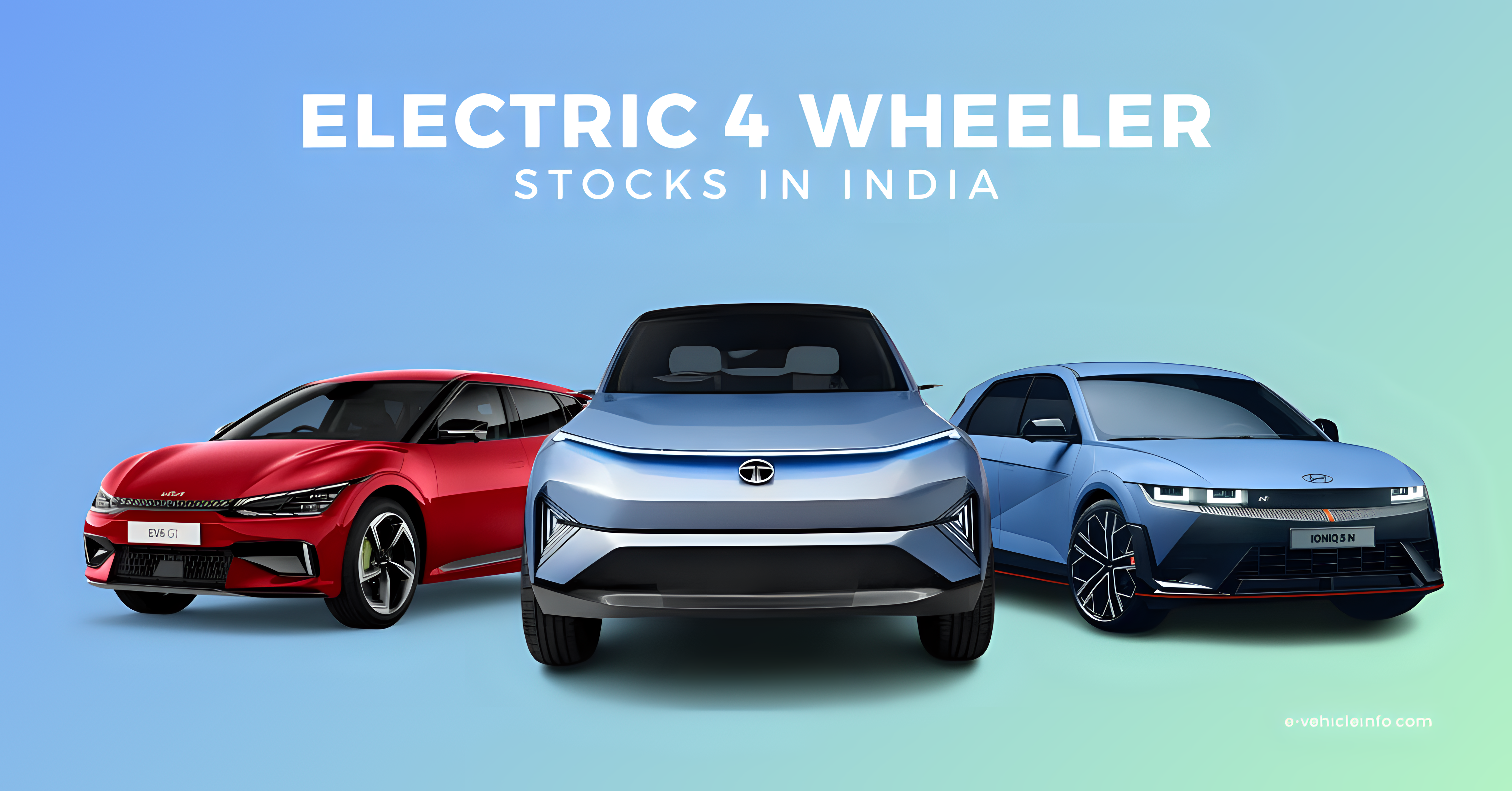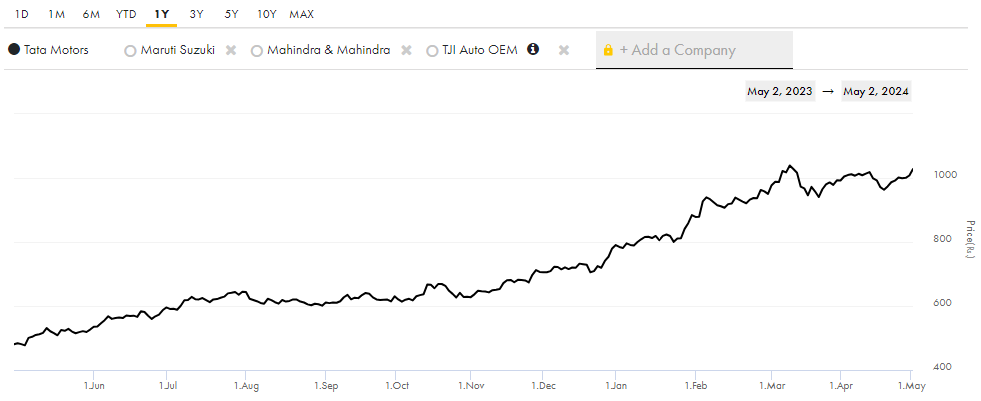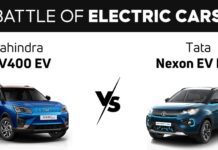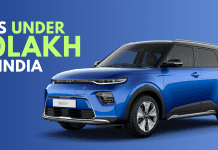
Positioned as the world’s third-largest auto market, India is transitioning swiftly towards embracing electric mobility solutions. With growing concerns over environmental sustainability and the pressing need to curb emissions, the demand for EVs has surged dramatically. This shift is further fueled by robust government initiatives to incentivize EV adoption and foster a conducive ecosystem for electric vehicles. As a result, investors are increasingly drawn to the prospects offered by top four-wheeler EV stocks in India, recognizing them as lucrative investment avenues poised to capitalize on the burgeoning electric vehicle market.
So, in this article, we will cover India’s top four-wheeler electric Vehicle (EV) Stocks.
Table of Contents
1] Tata Motors
Tata Motors, established in 1945, initially focused on locomotive manufacturing. Expanding its horizons, the Tata Group ventured into commercial vehicles in 1954 through a partnership with Daimler-Benz of Germany. , Tata Motors made its foray into the passenger vehicle market in 1991 with the launch of the Tata Sierra, diversifying its product portfolio beyond commercial vehicles. Further aiming to grow its business, Tata Motors introduced a range of high-quality vehicles, establishing itself as a prominent player in the automotive industry. Stepping into the realm of electric vehicles, Tata Motors made a significant mark with the launch of the Tata Nexon EV in 2020.
Its current portfolio of electric cars includes, in the SUV segment, the Tata Nexon EV and the recently launched Tata Punch EV. Tata Punch EV is built on a new advanced platform called Acti.ev. Its electric car portfolio includes the Tata Tiago EV and Tata Tigor EV. The company also has two electric buses: Starbus AC Electric Bus and Tata Ultra Electric Bus.
Tata Motors dominates India’s EV segment with a 70% market share. In the previous calendar year, Tata Motors witnessed remarkable growth in EV sales, reaching 69,153 units in CY 2023, marking a substantial 59% year-on-year increase from 43,451 units sold in CY 2022. These EV sales accounted for 12.55% of the company’s total passenger vehicle sales, which amounted to 5,50,883 units in CY 2023, reflecting an 8% growth compared to CY 2022.

The Tata Group plans to list its electric vehicle (EV) unit, Tata Passenger Electric Mobility Ltd (TPEM), to capitalize on its investments in the EV sector, as per BusinessLine. The group is eyeing an initial public offering (IPO) worth $1-2 billion for the EV unit, with a potential listing within the next 12–18 months, possibly in FY25 or at the latest by FY26. The decision will be contingent upon the strength of the EV market and overall market sentiment. The company has also opened its first exclusive EV showroom in Gurugram.
Tata Harrier EV, Tata Sierra EV, Avinya, Tiago. EV and Tata Curvv EV are the upcoming cars in the company’s electric cars list, which will soon be out in the Indian Market. It is said that all the upcoming cars will utilize the latest Acti,ev platform for enhanced performance capabilities.
2] Mahindra and Mahindra
The company launched its first C-segment Electric SUV, the fun and fast XUV400 last year. Its portfolio of electric three-wheelers in the 3W passenger segment includes Treo Plus, Treo, Treo Yarri, and e-Alfa Super. 3W Cargo vehicles are named e-Alfa Cargo, Treo Zor, and Zor Grand.

Mahindra & Mahindra recorded a remarkable 2,500% growth in EV sales last year with just one model, the all-electric SUV XUV400. In the three-wheeler segment, Mahindra’s last-mile mobility sold 35, 013 units with a 9% market share in FY2023.
Last year, the company announced an investment of Rs. 10,000 crore approved by the Maharashtra government’s industrial promotion scheme for electric vehicles. Mahindra, through its subsidiary, plans to invest this amount over 7-8 years for setting up a manufacturing facility and developing their upcoming Born Electric Vehicles (BEVs). The company is on track to launch approximately seven new electric vehicles in 2025 The vehicles will be based on the INGLO modular platform, and they are named as follows,
- BE.05
- BE.07
- BE.09
- BE.RALL-E
- XUV.e8
- XUV.e9
- THAR.e










